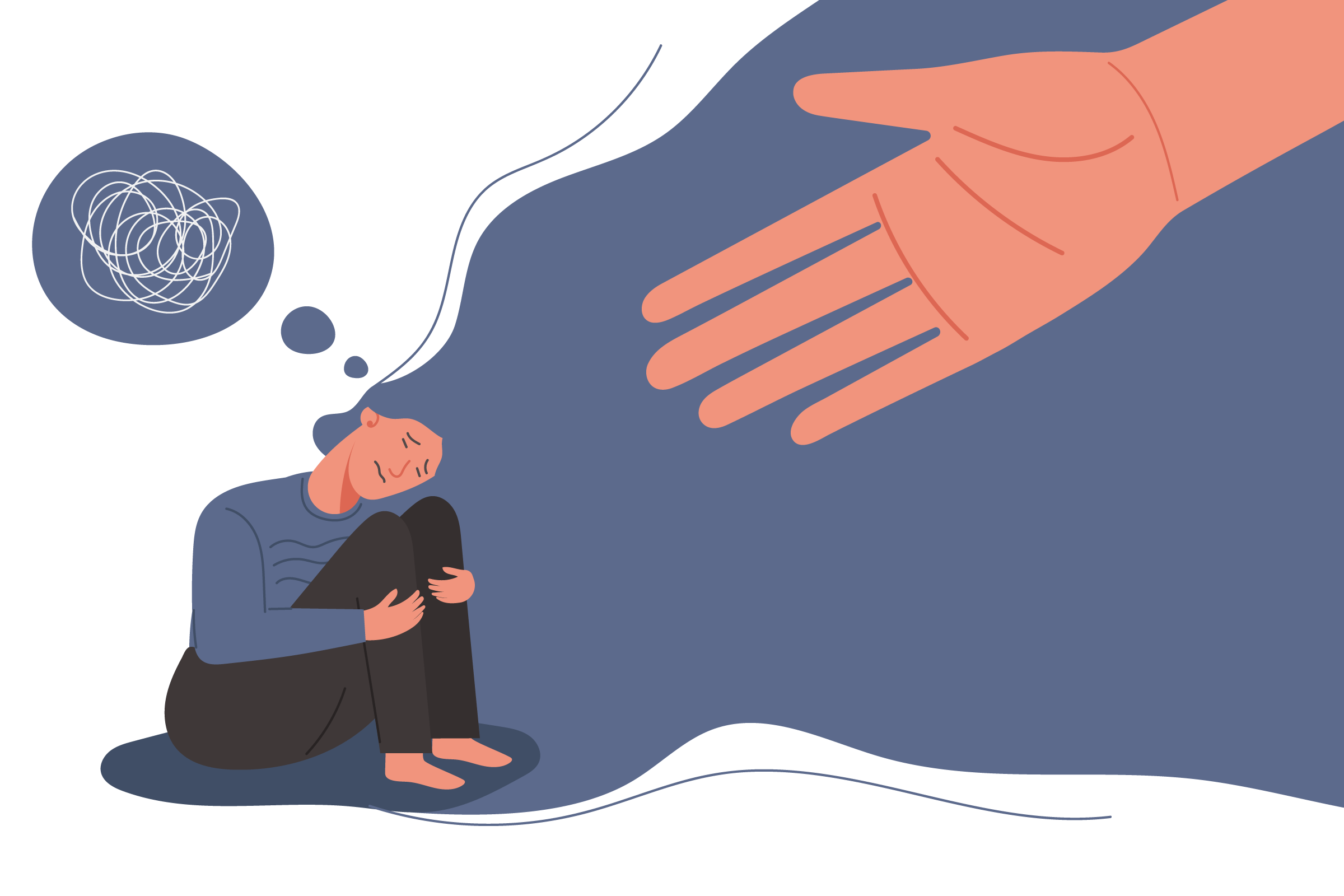Understanding bulimia nervosa
Bulimia (boo-LEE-me-uh) nervosa, commonly called bulimia, is a serious, potentially life-threatening eating disorder. People with bulimia may secretly binge — eating large amounts of food with a loss of control over the eating — and then purge, trying to get rid of the extra calories in an unhealthy way.
To get rid of calories and prevent weight gain, people with bulimia may use different methods. For example, you may regularly self-induce vomiting or misuse laxatives, weight-loss supplements, diuretics or enemas after bingeing. Or you may use other ways to rid yourself of calories and prevent weight gain, such as fasting, strict dieting or excessive exercise.
If you have bulimia, you're probably preoccupied with your weight and body shape. You may judge yourself severely and harshly for your self-perceived flaws. Because it's related to self-image — and not just about food — bulimia can be hard to overcome. But effective treatment can help you feel better about yourself, adopt healthier eating patterns and reverse serious complications.
